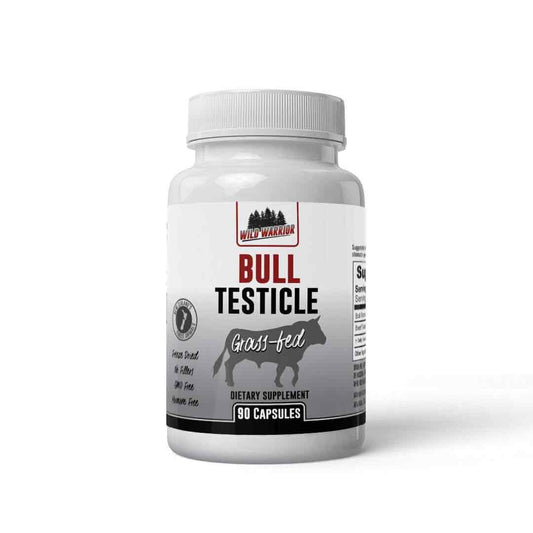Your metabolism is your body's engine, converting food into energy and fueling every action you take. As you age, this engine can become sluggish and slow down, just like an old car. When this happens. it can manifest in various symptoms that might affect your overall well-being.
Here are some common symptoms of a slow metabolism (according to WebMD) and how to address them.
Common Symptoms of Slow Metabolism
-
Fatigue: Persistent tiredness or low energy levels can indicate a sluggish metabolism. When your body isn't efficiently converting food into energy, it can leave you feeling drained.
-
Weight Gain: A slow metabolism tends to burn fewer calories at rest and during activity, making it easier to gain weight even if you're eating and exercising the same as always.
-
Difficulty Losing Weight: Despite efforts to lose weight, such as dieting and exercising, a slow metabolism can make shedding pounds a frustratingly slow process.
-
Cold Sensitivity: Feeling cold frequently, even in warm environments, can be another sign, as a sluggish metabolism can affect body temperature regulation.
-
Dry Skin and Hair: A lower metabolic rate can reduce circulation, leading to less moisture and nutrients reaching your skin and hair.
-
Mood Swings: A slow metabolism can impact hormone levels, potentially leading to mood swings and feelings of depression.
Boosting Your Metabolism: Actionable Steps
Lifestyle Changes
-
Get Enough Sleep: Quality sleep is crucial for a well-functioning metabolism. Aim for 7-9 hours of restful sleep each night to help maintain metabolic balance.
-
Manage Stress: Chronic stress can wreak havoc on your metabolism. Incorporate stress-reducing activities such as yoga, walking, sauna, or other form of activity that can help you disconnect.
Dietary Adjustments
-
Eat Protein-Rich Foods: Protein can temporarily increase your metabolism as the body uses more energy to digest protein compared to fats or carbohydrates. Include lean meats, fish, beans, and legumes in your diet.
-
Stay Hydrated: Water is essential for metabolic processes. Drinking sufficient water can help boost metabolism and promote weight loss.
-
Don't Skip Meals: Eating regular meals keeps your metabolism active. Consider smaller, more frequent meals to keep your energy levels steady throughout the day.
- Eliminate Alcohol: We can not say it enough; drinking is not good for you and it is full of empty calories. If you can't quit, at least limit it to only once or twice per week and no more than 1-2 drinks at a time.
Exercise Routines
-
Incorporate Strength Training: Building muscle mass increases your resting metabolic rate. Incorporate weight lifting or resistance exercises into your routine. According to most research, a pound of muscle burns approximately 4-6 calories more than a pound of fat, with muscle burning around 6 calories per day while fat burns around 2 calories per day.
-
Add High-Intensity Interval Training (HIIT): HIIT workouts can significantly boost your metabolism, even after you've finished exercising. Plus, HIIT workouts typically burn more calories then a standard weight or cardio session.
-
Stay Active Throughout the Day: Small activities like walking or taking the stairs can keep your metabolism active, beyond what regular gym sessions offer. If all your co-workers can take smoke breaks every 30 minutes, you should be able to get your steps in. Try walking for 5 minutes every 1-2 hours. At the end of the day you will have accumulated close to an extra mile of activity.
- Take a quality Methylated Multivitamin: In order for your metabolism to function properly, your body needs the raw materials necessary to get the most out of your diet. Things like quality B vitamins and key minerals are absolute necessities.
When to Seek Professional Advice
While lifestyle changes can significantly impact your metabolism, it's essential to consult with a healthcare professional if you suspect a metabolic disorder or if symptoms persist despite your best efforts. They can provide personalized advice, run necessary tests, and help tailor a plan that suits your specific needs.
If you notice it getting easier to put on weight as you age, then maybe it is time to change your playbook and make a few changes.





